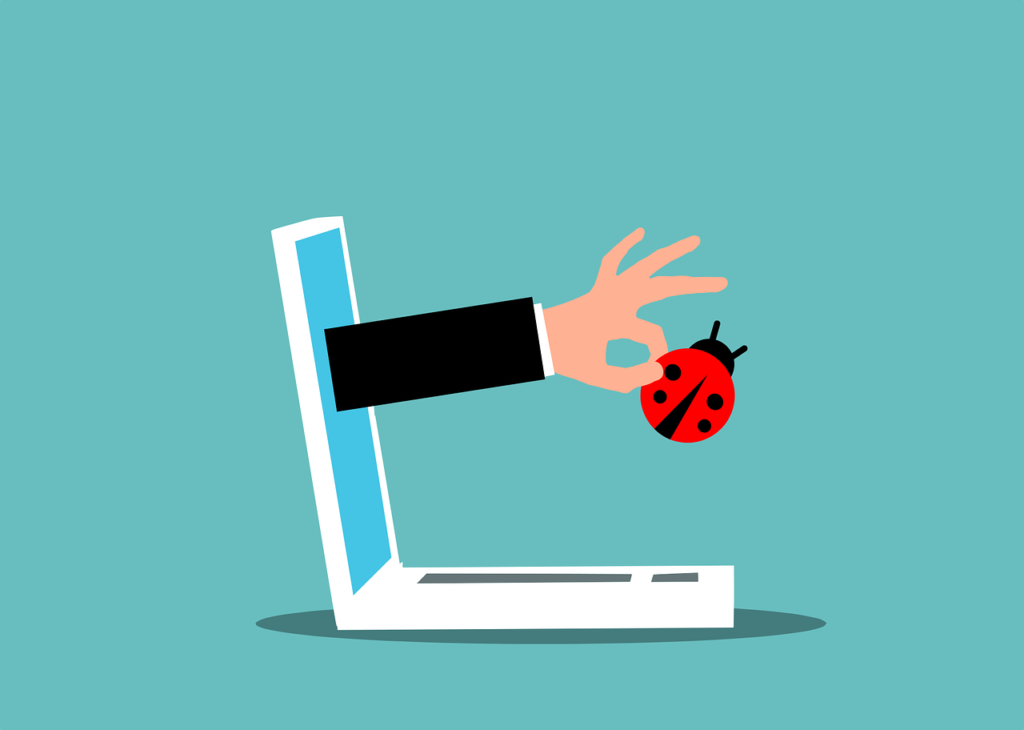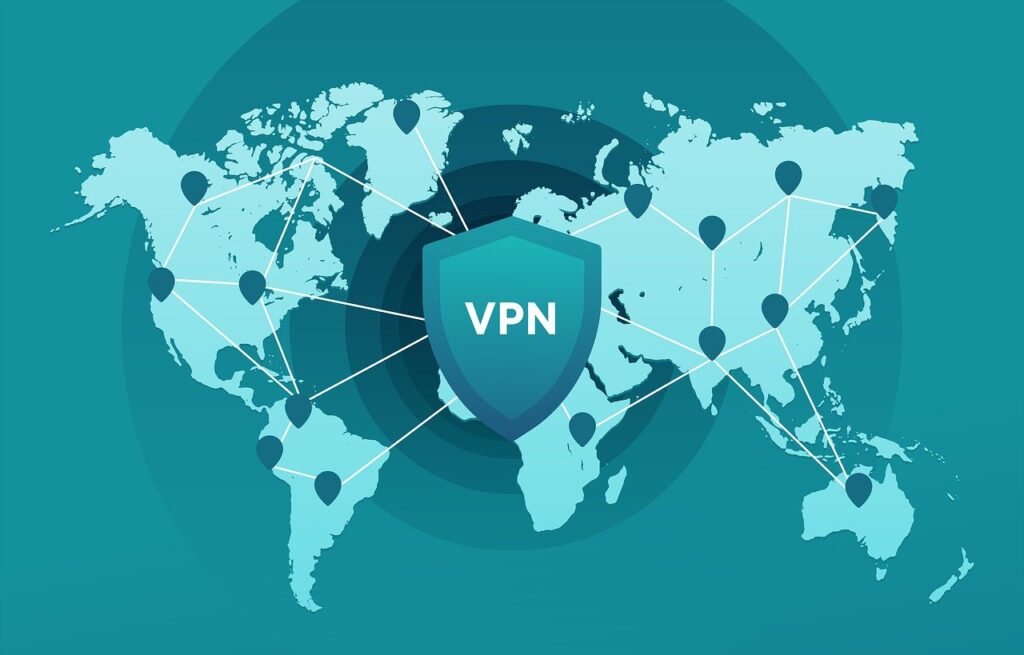
How to protect my computer?
Protecting your computer involves several layers of defense to safeguard against various threats. Here are some essential steps you can take:
1-Install Antivirus Software: Choose reputable antivirus software and keep it updated to detect and remove malware, viruses, and other malicious programs.
2-Enable Firewall: Activate the built-in firewall on your operating system or install a third-party firewall to monitor and control incoming and outgoing network traffic.
3-Keep Software Updated: Regularly update your operating system, web browsers, and applications to patch security vulnerabilities and protect against exploits.
4-Use Strong Passwords: Create complex passwords for your accounts and change them periodically. Consider using a password manager to securely store and manage your passwords.
5-Enable Two-Factor Authentication (2FA): Add an extra layer of security to your accounts by enabling two-factor authentication, which typically requires a verification code sent to your phone or email in addition to your password.
6-Exercise Caution Online: Be cautious when clicking on links or downloading attachments from unknown sources, as they may contain malware or phishing attempts.
7-Secure Your Network: Use strong encryption (such as WPA2) for your Wi-Fi network and change the default administrator passwords on your routers and other network devices.
8-Backup Your Data: Regularly backup your important files and data to an external hard drive, cloud storage, or a backup service to protect against data loss due to ransomware, hardware failure, or other issues.
9-Be Wary of Public Wi-Fi: Avoid accessing sensitive information or logging into accounts when connected to public Wi-Fi networks, as they may be insecure and prone to snooping.
10-Educate Yourself: Stay informed about the latest cybersecurity threats and best practices for protecting your computer and personal information online.
By implementing these measures, you can significantly reduce the risk of malware infections, data breaches, and other security incidents on your computer.



